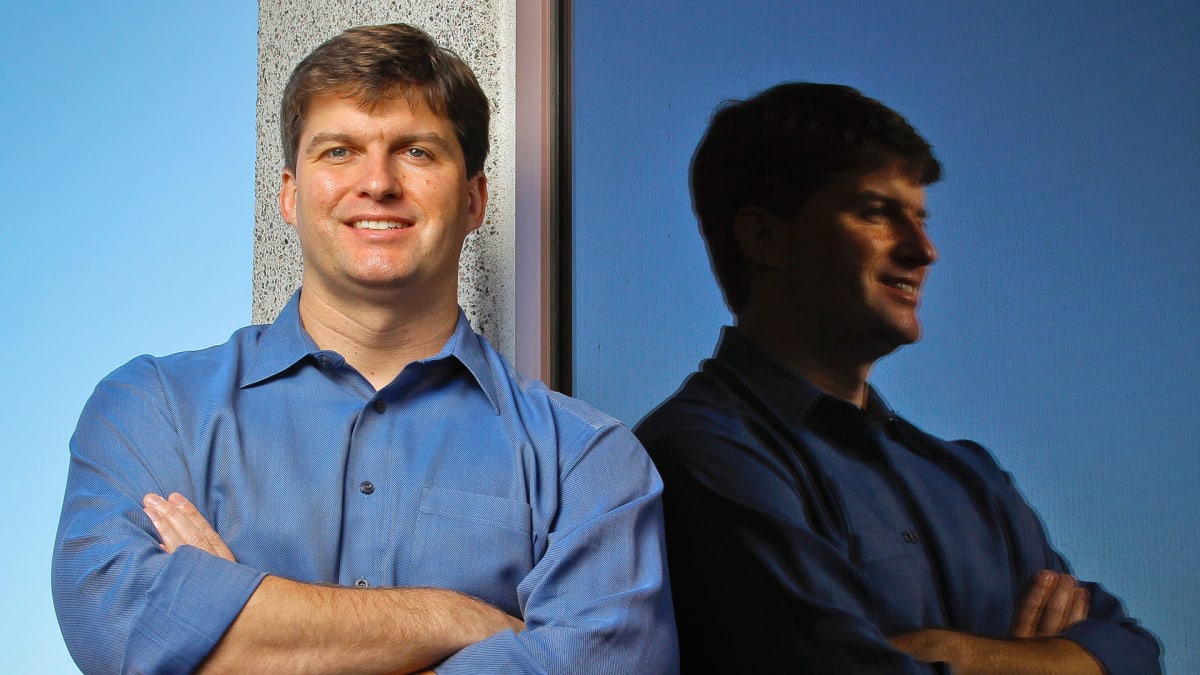
March was a brutal month for investors, whether retail or institutional.
They were greeted coldly by an unexpected banking crisis that completely swept away much of their confidence.
The year that began with a strong market rebound in January on hopes of a pivot in monetary policy from the Federal Reserve, turned suddenly into fear. Fear that the financial system was at risk, as in 2008.
On Mar. 10, Silicon Valley Bank suddenly collapsed, victim of a bank run due to the fact that the Santa Clara, California-based bank announced that it was planning to raise $2.25 billion to satisfy its customers' requests for mass withdrawals. These customers -- startups in particular -- were struggling to raise money because of too high interest rates and the economic slowdown, and were forced to dip into their deposits.
SVB, which had also bet on interest rates by investing in Treasury Bonds and mortgage-backed securities when rates were low, suffered heavy losses when the bank sold some of these assets.
Investors, who hadn't seen this coming, were then told that other banks may have the same problems as SVB, which caused a crisis of confidence affecting the entire banking sector. The fear of contagion also pushed the Swiss authorities to force the marriage of two of their financial flagships. UBS was forced to acquire its compatriot Credit Suisse for $3.24 billion, considered to be the weak link in the European banking sector.
'I Was Wrong'
Regulators around the world may promise that they will not hesitate to intervene if necessary, but the fears persist. It is in this climate of uncertainty that one of the most influential financiers and investors has just sent a reassuring message. This is Michael Burry.
Burry, who became popular for betting on the subprime mortgage meltdown that sparked the Great Financial Crisis of 2008, has just admitted that his pessimism about the stock market earlier this year may have been incorrect.
"I was wrong to say sell," the hedge fund manager posted on Twitter on Mar. 30, referring to a message he sent on Jan. 31 in which he urged investors to liquidate stocks.
"Sell," the financier wrote that day without further explanation. This word had caused a great debate, because the message was delivered after a month during which the S&P 500 index ended with a 6.2% gain, the best start to a year since 2019, while the Nasdaq 100 index jumped nearly 11% in its best January since 2001.
But Burry later got it right as the stocks plummeted. The founder of Scion Asset Management seems to think that the markets will now rebound. He seems optimistic, hence his admission. To justify his optimism, Burry explains that investors today are the most eager to buy stocks in market dips since 1920, which points to a potential stock market rise.
The Dip
According to Burry, the situation has never been so favorable for the famous "Buy the f***ing dip," aka BTFD. The expression means to buy when the markets are low so as to take advantage of cheap stock prices..
"Going back to the 1920s, there has been no BTFD generation like you," Burry said in a second tweet. "Congratulations."
He accompanied the tweet with a chart explaining that 2023 is "shaping up to be the second-best year for the dip-buying strategy."
This message of optimism from one of the markets' most influential financiers will undoubtedly reassure millions of retail investors who are watching for any sign that the recent turmoil may be behind us.
Burry is known for his bet on the collapse of the U.S. housing market, which led to the 2008 financial crisis. The 2015 film "The Big Short" describes how the investor, who had no particular expertise in finance and real estate, came to understand that the sector had become a sandcastle. Financiers and bankers had created exotic products based on mortgages issued to financially fragile households and borrowers with poor credit.
He decided to bet that the subprime-mortgage market would collapse -- hence the name "Big Short." History proved him right. The move made Burry something of a Wall Street oracle.
He embraced this role, judging by his Twitter handle, which is Cassandra B.C. For traders and risk takers, he is a kind of party spoiler.







